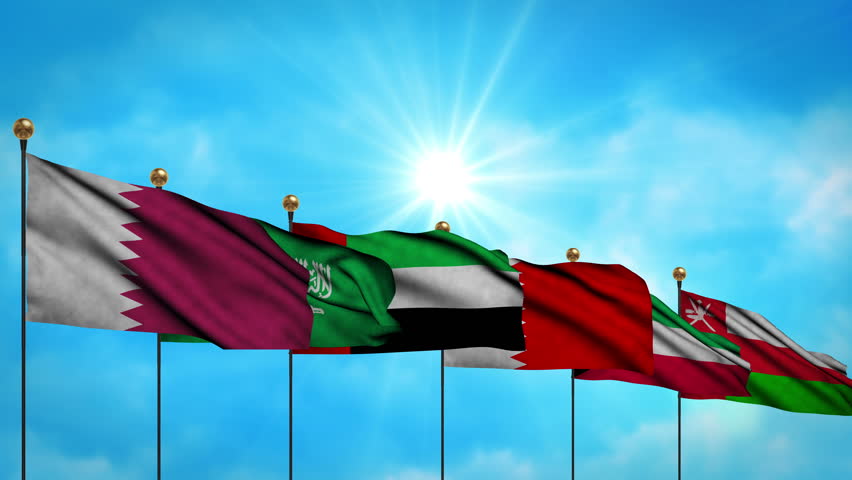Qatar is facing an existential crisis and a possible outbreak of war in the Gulf after several Arab countries had severed relations.
Earlier in June, Saudi Arabia, the United Arab Emirates (UAE), Egypt and Bahrain cut ties with Qatar imposing a diplomatic and trade embargo with the tiny Arab Emirate; Qatar responded to fears of military intervention from its neighbors by reaffirming joint military exercises with Turkey.
Iran may also look to strategically benefit from the Gulf fall-out, although any Iranian military presence in the Gulf would be unlikely, though it has delivered food supplies to Qatar.
While Iran might look to benefit from the Gulf fall-out, an Iranian military presence in the Gulf is unlikely.
As Ankara and Doha are closely aligned on several diplomatic and economic fronts, neither classify the Muslim Brotherhood or Hamas as “terrorist organizations”.
Background of the Crisis
It all started when Qatar’s official news agency published remarks attributed to the country’s Emir Sheikh Tamim criticizing renewed tensions over Iran, and describing Qatar’s relations with Israel as “good”.
Shortly, Qatar said that the news agency had been hacked and a “false statement” had been published which appeared to be the last straw to break the relations between Qatar and most of its neighbors.
Saudi Arabia, the United Arab Emirates, Egypt and Bahrain cut ties with Qatar, accusing it of destabilizing the region with its support for Islamist groups.
The four Arab states that imposed a boycott on Qatar sent a 13-point list of demands to Doha. The demands highlighted the closure of Al Jazeera TV station, curb ties with Iran, shut the Turkish military base, and pay reparations for years of alleged wrongs.
Doha rejected the demands; in return, Qatar threatened to withdraw from Gulf Cooperation Council (GCC), and responded by setting its own conditions in order not to withdraw from the GCC, as a bold defiance against the blockade.
Possible Outbreak of War
The possibility of a war outbreak increases by the day with Qatar’s refusal to comply to the demands of the Arab states. Noting that Egypt, Saudi Arabia, the UAE and Bahrain are not backing down.
“The risk of the ongoing Qatar crisis escalating and resulting in a military confrontation is real,” says Giorgio Cafiero, co-founder of Gulf State Analytics, in the article ‘Could Qatar Face a Military Intervention?’.
Historically speaking, the situation will likely escalate.
The Saudi led intervention in the Yemen civil war, in response to Iran’s support for the Houthi Shia rebels there, would increase the chances of repeating such actions.
Many questions arise about the possibility of war in the Gulf. If a military action was to take place, would the Turks and Iranians respond to Qatar’s call for help if invaded? If they do interfere, especially Iran, it will be most certainly catastrophic for the whole Middle East. I would argue that Iran will add Egypt to the equation, since the Egyptian president has promised various times that he would come to the aid of the Arabs if attacked.
If war in the Middle East is the outcome of this boycott, the consequences would be dreadful.







Comments (2)
[…] The Possibility of a Third Gulf War […]
[…] The Possibility of a Third Gulf War […]